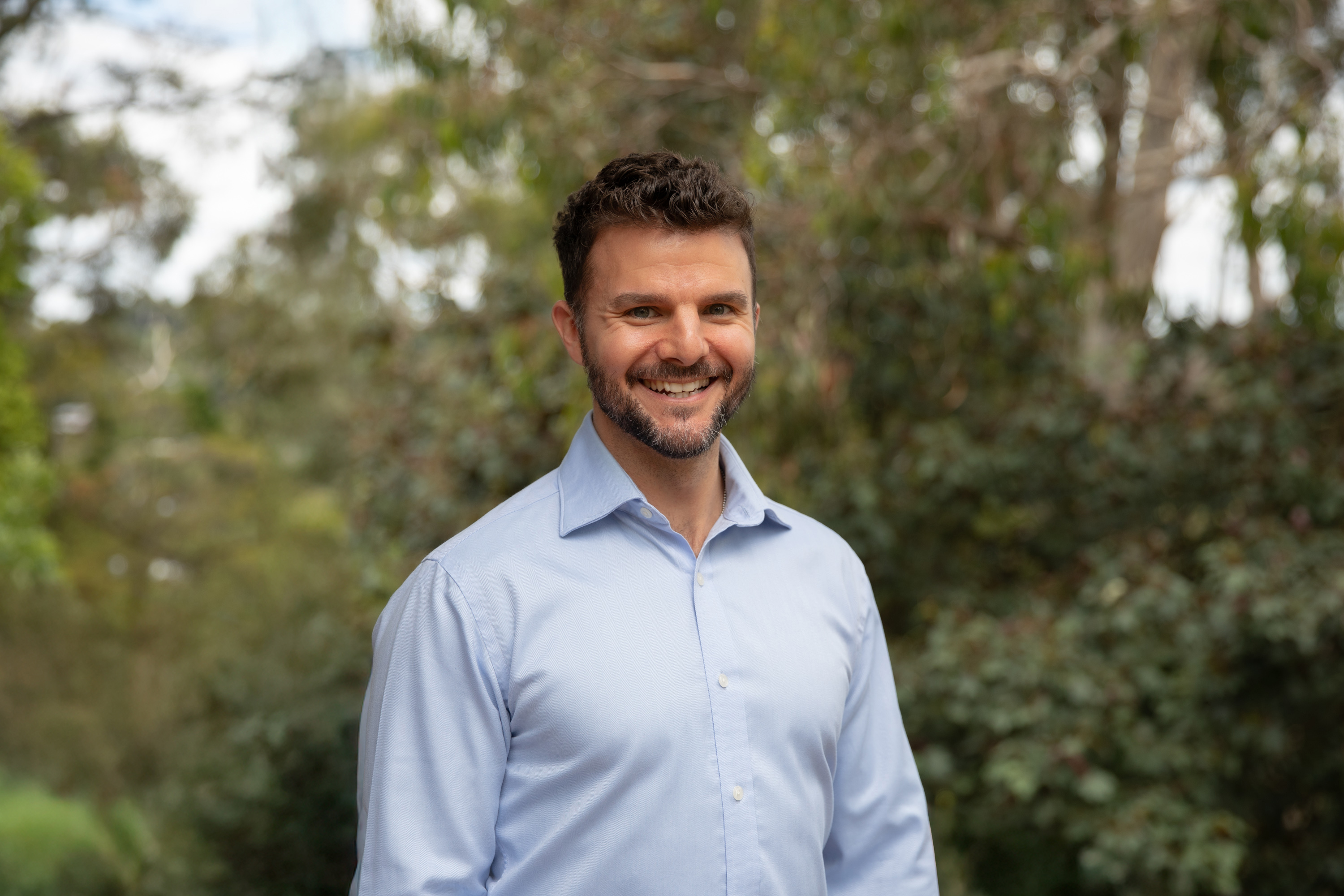This blog navigates…
What Is the Mother Wound? (And Why It Matters for Adults)
The “mother wound” isn’t about blaming mothers – it’s about understanding the emotional pain and unmet needs carried from childhood into adulthood.
It often develops when a mother is emotionally unavailable, overly critical, or projects her own unmet needs onto her child. It can also be shaped by societal pressures that dictate how women “should” parent, influencing how they raise their children.
The impact of an unhealed mother wound varies for men and women but can significantly shape:
🔹 Self-worth and identity
🔹 Emotional expression and boundaries
🔹 Relationship dynamics and trust
🔹 Coping mechanisms and mental health
💡 The mother wound isn’t about fault – it’s about healing patterns that impact your well-being today.
How the Unhealed Mother Wound Affects Adult Men
For men, societal expectations of masculinity often intersect with the mother wound, leading to:
1. Emotional Suppression & Difficulty Being Vulnerable
Many men are raised with the message that showing emotions is “weak.”
🔹 They may struggle to express feelings or avoid vulnerability.
🔹 This can lead to emotional disconnection in relationships.
2. Difficulty Establishing Emotional Boundaries
Men with an unhealed mother wound may feel responsible for others’ emotions.
🔹 They might struggle to set boundaries, especially with women, to avoid conflict or disapproval.
🔹 This can lead to people-pleasing or passive-aggressive behavior.
3. Challenges in Romantic Relationships
The mother wound can influence relationship patterns, such as:
🔹 Seeking approval or validation from partners.
🔹 Difficulty trusting women or feeling emotionally dependent.
🔹 Avoidance of commitment due to fear of rejection or abandonment.
4. Overcompensation Through Hyper-Masculinity
To avoid vulnerability, some men may overcompensate by adopting hyper-masculine behaviors.
🔹 This includes emotional numbness, aggression, or overachievement.
🔹 It can lead to burnout, anxiety, or relationship conflicts.
5. Struggles with Self-Worth & Identity
If emotional needs were unmet in childhood, adult men might:
🔹 Base their self-worth on external achievements.
🔹 Struggle with self-doubt, imposter syndrome, or perfectionism.
How the Unhealed Mother Wound Affects Adult Women
For women, the mother wound is often tied to societal pressures about femininity and motherhood, leading to:
1. People-Pleasing & Difficulty Setting Boundaries
Women with an unhealed mother wound often fear rejection or disapproval.
🔹 They may prioritize others’ needs over their own to avoid conflict.
🔹 Setting boundaries can feel selfish or guilt-inducing.
2. Perfectionism & Over-Achievement
Striving for perfection can stem from a desire to earn love or validation.
🔹 They may feel they’re never “good enough,” no matter how much they accomplish.
🔹 This can lead to burnout or a constant sense of inadequacy.
3. Low Self-Worth & Inner Critic
An unhealed mother wound can lead to:
🔹 A harsh inner critic, mirroring childhood criticism.
🔹 Self-doubt, imposter syndrome, and fear of failure.
4. Challenges in Female Relationships
Unresolved issues can create unhealthy dynamics with other women, including:
🔹 Difficulty trusting other women or feeling competitive.
🔹 Emotional dependency or replicating the mother-daughter dynamic in friendships.
5. Fear of Rejection or Abandonment
An unhealed mother wound can lead to:
🔹 Fear of being “too much” or “not enough” for others.
🔹 Anxiety around relationships, leading to clinginess or emotional withdrawal.
How Counselling Helps Heal the Mother Wound
Healing the mother wound isn’t about blame – it’s about understanding the past to change patterns in the present. Counselling can help by:
Creating a Safe Space to Explore Emotions:
Many people feel guilt or shame about their feelings toward their mothers.
🔹 Counselling provides a safe, non-judgmental space to process these emotions.
🔹 Naming and validating emotions helps reduce shame and emotional suppression.
Recognizing Unhelpful Patterns:
Counselling helps identify how the mother wound affects behavior and relationships.
🔹 By understanding these patterns, individuals can make conscious choices rather than repeating old cycles.
Developing Self-Compassion & Self-Worth:
Healing involves replacing self-criticism with self-compassion.
🔹 Building a healthier self-image reduces perfectionism and fear of failure.
Building Healthy Relationship Dynamics:
Counselling helps people:
🔹 Set healthy boundaries without guilt or fear of rejection.
🔹 Distinguish between healthy emotional support and codependency.
Reclaiming Authenticity & Identity:
An unhealed mother wound can lead to identity struggles, especially for those who feel pressured to fulfill societal roles.
🔹 Counselling helps individuals reconnect with their authentic selves, free from societal or familial expectations.
How to Know If You’re Affected by the Mother Wound
Wondering if an unhealed mother wound impacts your life? Ask yourself:
🔹 Do I struggle with emotional expression or vulnerability?
🔹 Do I feel guilty setting boundaries or saying “no”?
🔹 Am I constantly seeking approval or fearing rejection?
🔹 Do I struggle with self-worth or perfectionism?
🔹 Are my relationships affected by trust issues or emotional dependency?
💡 If you answered “yes” to any of these, healing is possible – and you don’t have to do it alone.
Final Thoughts: You Deserve to Heal
The mother wound is complex, but healing is possible with the right support. Whether you’re a man or a woman, you can break free from old patterns, build healthier relationships, and embrace your authentic self.
💙 You are not defined by your past.
💙 You are allowed to seek support and healing.
💙 You are capable of growth, change, and emotional freedom.
📍 If you’re ready to take the first step toward healing, get in touch or book a session to learn more about counselling.
Because reclaiming your worth is the ultimate act of self-love.

